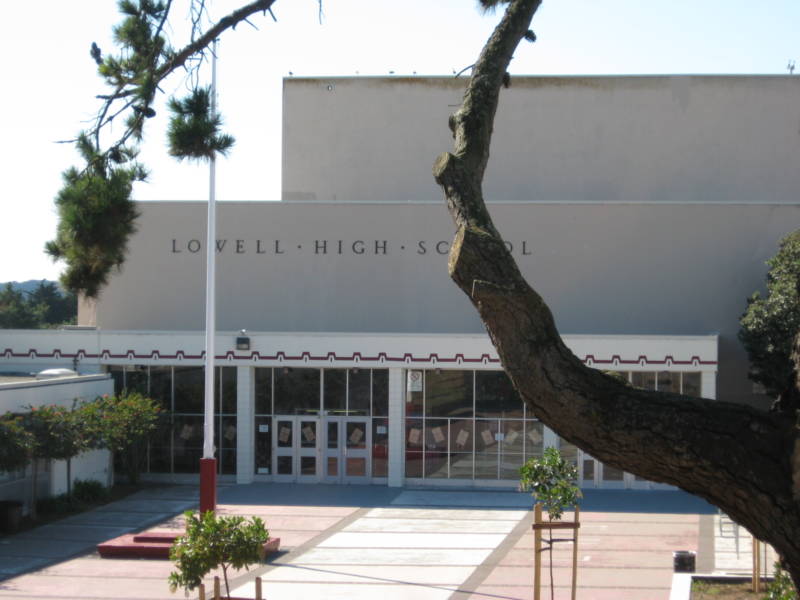Student Journalism Sparks Controversy at Brown University
A traditionalist student publication recently raised eyebrows with its probing inquiries directed towards the staff at Brown University, reminiscent of those cheeky DOGE-themed interrogations. As a result, the young authors found themselves the subject of disciplinary proceedings. A considerable number of individuals working across various administrative positions at Brown University were somewhat taken aback when they received an unusually inquisitive email early in the spring, the tone of which echoed the eccentricity associated with Elon Musk.
The email was an unsolicited request for more details about the recipient’s role at the university. Specifics such as the tasks they had carried out over the preceding week, and the potential impact on students if their role were to seize to exist were posed. The request came from a second-year student who indicated that the information would be used in an article intended for a nascent and notably conservative campus newspaper.
Admittedly, this kind of inquiry can be quite a sensitive issue for prestigious institutions like Brown University, most especially because of the dramatically rising costs. In recent years, the sum total of tuition, accommodation, and various other fees has climbed to a staggering $93,000.
The subject of inflated university budgets, redundant staff layers, extravagant diversity initiatives, and superfluous specialized academic sectors have all been points of criticism, not only from students and parents but from notable figures like former President Trump as well. These educational institutions stand accused of allocating considerable amounts of their financial resources to a proliferation of deans and vice deans, which according to critics adds very little value.
The investigative email wasn’t well received by many within the university, especially those working in the Office of Student Conduct and Community Standards. Some recipients expressed their dissatisfaction silently, aware of the storm similar questions had caused in other settings, and were not particularly amused by this development.
Just a couple of days after the email was disseminated, the sophomore received notification that he was under investigation for possible violations of the university code of conduct. The alleged infringement includes what the institution sees as potential invasion of privacy, misrepresentation, and causing stress or emotional harm.
As a new issue brought to the fore, it illuminates the constant struggle for balance between the necessity for budgetary oversight and the protection of individual privacy within institutions of higher learning. This situation forces everyone to reexamine their stance on the level of transparency required in these respected institutions and how this incident echoes a wider debate about the future of education.
At its core, this incident presents us with deeper questions – about the notion of responsible student journalism, the role of administration in student education, and the merit of transparency versus discretion in such matters. It also poses a challenge to the established protocols and norms of privacy within educational establishments, and the rights and responsibilities of the student body toward the institution and its staff.
The conservative campus newspaper, as it emerges from its pre-publication phase, already finds itself at the heart of a controversy. This incident has afforded it a baptism of fire. Whether it will lead to a reformation in communication between students, staff, and university bureaucracy, or merely exacerbate existing tensions, remains to be seen.
No doubt, the repercussions of this incident will reach far beyond the confines of Brown University. It creates a discussion that other college campuses, their student bodies, and staff across the US and even elsewhere, may need to engage with.
Ultimately, the issue is a microcosm, reflective of the broader societal discourse about privacy and the public’s right to know. How it resolves, will undoubtedly have implications for how universities, students, faculty, staff, and the public navigate the delicate balance between journalistic inquiry and the respect for individual privacy.
Factors such as rising tuition and fees, an increasing wealth gap, and a shifting political landscape have thrown a spotlight on institutions of higher learning and their administrative practices. This situation suggests that individuals and institutions alike will look to reconsider their responsibilities to each other and the collective whole.
One thing’s for sure – gone are the days when universities were insular ivory towers sheltered from public scrutiny. They are now firmly in the public eye, and the expectations and accountability have grown exponentially.
In summary, Brown University finds itself at the center of a unique situation with repercussions that extend far beyond the confines of the campus. It’s up to the university community and the broader educational sphere to determine what lessons to glean from this incident and whether it serves as a catalyst for reform or merely a flashpoint in an ongoing debate.

